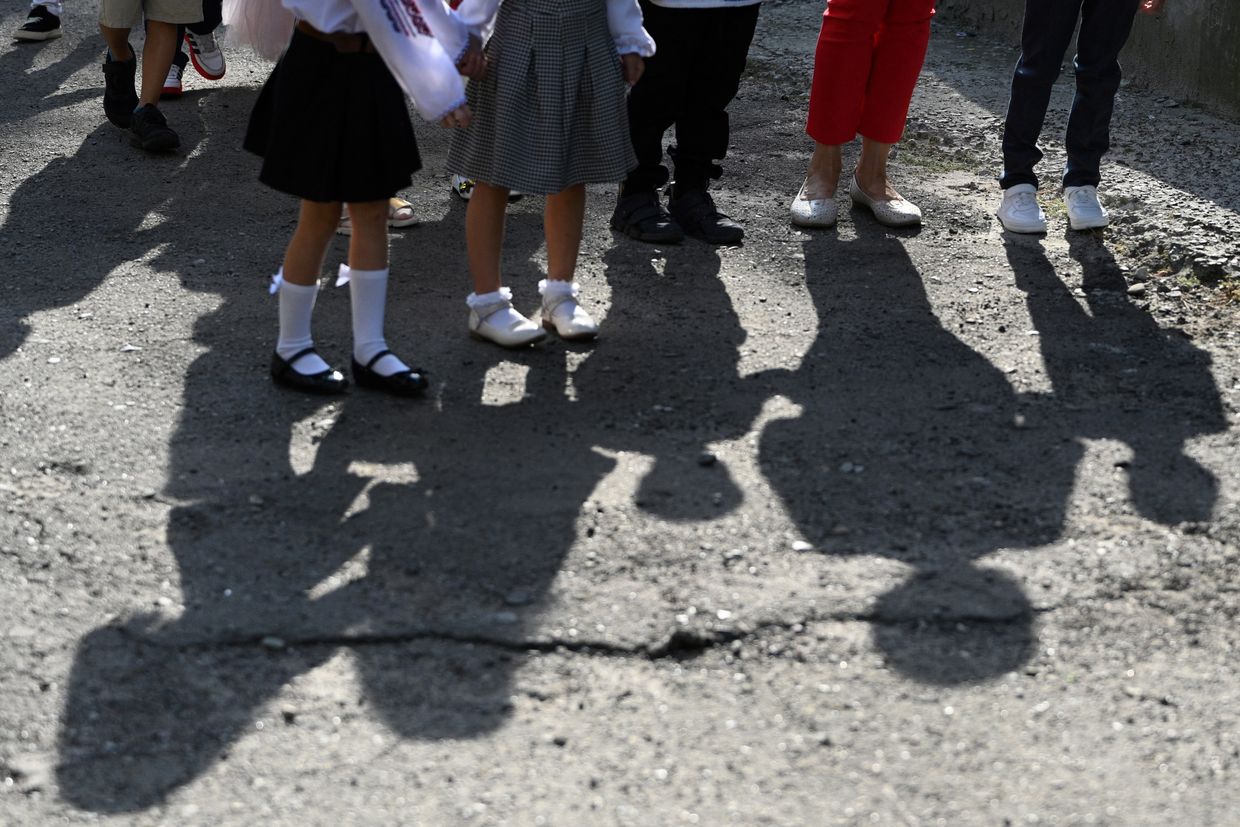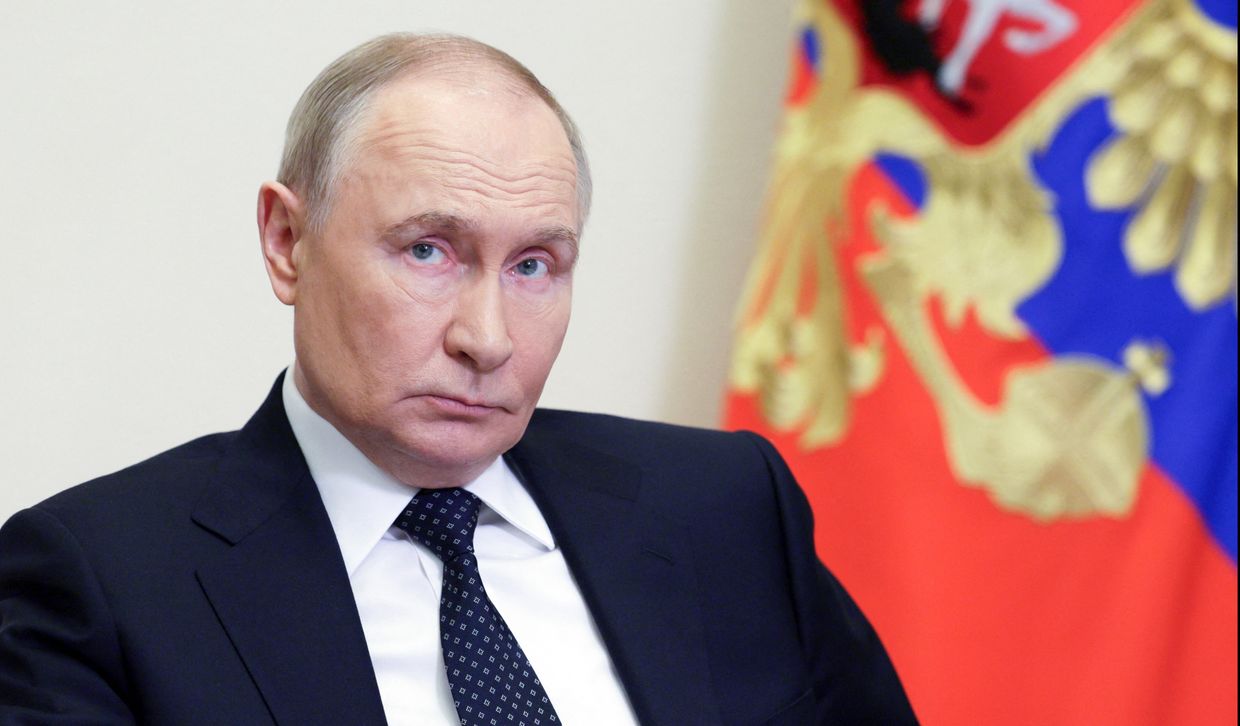
Russia is utilizing monetary incentives to recruit academics, cultural staff, and coaches to work in occupied components of Ukraine in a marketing campaign geared toward reshaping native id and fostering loyalty to Moscow’s regime, based on a report revealed by the Middle for European Coverage Evaluation (CEPA) on June 26.
The Kremlin is providing as much as two million rubles (round $22,000) to Russian academics who conform to work for 5 years in occupied areas of Donetsk, Luhansk, Zaporizhzhia, and Kherson oblasts, and a million rubles for positions in Crimea.
The initiative, an extension of Russia’s “Zemskyi Uchitel” (Rural Instructor) program, which initially focused underserved areas in Russia, was formally launched within the newly occupied Ukrainian territories in 2024 — although Russian educators started arriving as early as 2022.
Over 100 academics have relocated to Crimea by means of this system, based on Ukraine’s Regional Middle for Human Rights/ Most of them arrived from areas together with Krasnodar, Altai Krai, Tomsk, Novosibirsk, Saratov, Tyumen, Ivanovo, and the Republic of Udmurtia.
“We have now documented instances of academics — and other people assigned to managerial roles, reminiscent of college principals and deputy heads — arriving as early as 2022,” mentioned Kateryna Rashevska of Ukraine’s Regional Middle for Human Rights. “The primary group got here from Dagestan, arriving within the occupied Zaporizhzhia area, and by 2024, there have been already 37 academics from Dagestan working there.”
In line with Rashevska, these academics usually lead programs in Russian language, historical past, and “fundamentals of life security and protection of the Motherland” — lessons centered on conscription and navy coaching. “These persons are additionally concerned in reprogramming Ukrainian kids, trying to boost them as Russian patriots and future members of the Russian armed forces,” she added.
In parallel, Russia can also be exerting strain on Ukrainian academics in occupied areas to undertake the Russian curriculum. Those that refuse face critical penalties. “In Berdiansk, a faculty principal was deported for refusing to open the varsity below Russian requirements,” mentioned Mariia Sulialina, head of Ukrainian NGO Almenda. “In line with the occupiers, his stance and affect additionally discouraged different academics from working in Russian-run colleges.” Sulialina famous that academics at the moment are required to reward President Vladimir Putin and report “extremist habits” amongst college students — usually outlined as pro-Ukrainian views.
Human rights specialists say these efforts quantity to colonization and are violations of worldwide legislation, together with Article 49 of the Geneva Conference and Article 8 of the Rome Statute. “Russia plans to maneuver one other 100 academics into occupied areas in 2025 — a transparent instance of colonization,” Rashevska mentioned. Regardless of current authorized instruments, she added, “The Worldwide Felony Courtroom nonetheless doesn’t prioritize colonization… though these federally coordinated applications involving academics, cultural staff, and coaches create a transparent chain of command.”
 The Kyiv IndependentChris York
The Kyiv IndependentChris York
